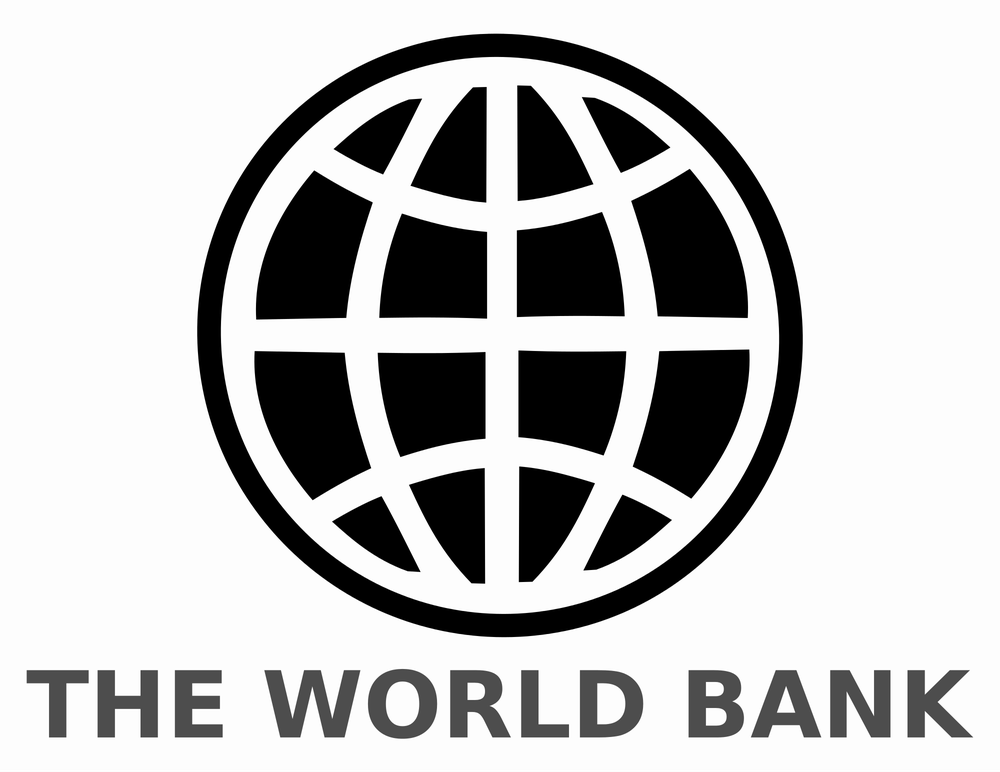
The Dynamic Cities Integrated Development Project aims to increase access to improved urban services in four urban centers of the central city of Ha Tinh, the northern provinces of Thanh Hoa, Hai Duong and Yen Bai.
Approximately 200,000 residents are expected to benefit directly from project activities, of which more than half are women. In Vietnam, secondary cities are broadly defined as cities with populations ranging from 100,000 to 500,000.
The project will help reduce flood risks, improve sanitation, reduce travel times on new and improved roads, and develop high-quality public spaces.
The project will also improve connectivity to Industrial Parks, Export Processing Zones, commercial establishments, and tourist attractions, benefiting workers and merchants as well as visitors.
These improvements in turn are expected to help boost productivity, enable exports, create more jobs, and help generate sustained economic growth.
A major problem in these cities is the uneven access to basic services, including drainage systems, wastewater collection and treatment, and road networks. This has resulted in increasing traffic congestion, flooding, and the deterioration or lack of public spaces.
In addition, all four cities are either located along the coastline or in mountainous areas, making them vulnerable to disaster risks and the impacts of climate change.
The Project helps address these problems with both structural and non-structural support, including a series of infrastructure investments in each subproject city, and technical assistances to strengthen the capacities of the cities to adopt a comprehensive and integrated urban planning approach that links physical development to long-term socio-economic strategies, climate change adaptation, and disaster risk management plans.
The total cost of the project is $276.17 million, of which $194.36 million comes from International Development Association (IDA).
























